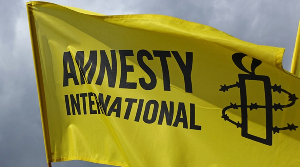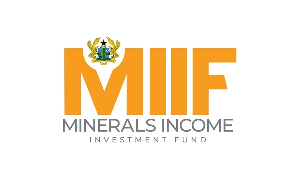After three weeks of stiff restrictions on the movement of people, and their consequent ability to earn a living, the partial lockdown of Accra/Tema and Kumasi has been lifted.
The lifting of the lock down took many by surprise and the decision has evoked varying reactions, ranging from relief by households and business owners who were finding it increasingly difficult to stay afloat, to consternation by people who fret that free movement will inevitably lead to a sharp increase in infections.
The conventional wisdom is that the decision to lift the lock down was determined by a combination of politics and economics, rather than by purely scientific medical considerations. Indeed, the decision to lift a lock down imposed by some 200 confirmed cases of infection at a time the number has risen beyond 1,000 is curious to put it mildly.
However, the societal and economic strain on the populace was beginning to show vividly. Consequently, the verdict ranges from sheer politicking, as ascertained by the incumbent government’s opponents, to humanitarianism and economic pragmatism, as claimed by its supporters.
This newspaper however has chosen not to take a side, on the basis that it is pointless; what matters is that a decision has been taken and the crucial thing now is to make it work.
Ultimately, government’s decision boils down to its trusting in the populace to voluntarily observe the social protocols requisite to stem the spread of the infection, while being given the chance to resume earning a living.
This newspaper agrees with government’s intent, in this regard, but seriously doubts whether Ghanaians in general have the self- discipline to observe those protocols voluntarily. It is instructive that even during the lock down people blatantly disregarded some regulations regarding restrictions on movement, social distancing and gathering into crowds of over 25 people.
This is most clearly evidenced by activities at the popular CMB market in Accra, forcing security agents to move in and enforce those protocols.
Based on such happenings, this newspaper recommends that the requisite protocols be enforced, wherever possible, rather than being left to the whims of the people. To be sure, a significant proportion of the populace has shown a readiness to be prudent – indeed, many people and businesses in Accra remain in voluntary quarantine despite the lifting of the compulsory lock down. But for many others, business and social activities as normal have resumed.
Consequently, we recommend that a Presidential Executive Order be issued, mandating light, but persuasive punishments for people disobeying the core protocols.
Furthermore, we suggest that wearing of masks be made mandatory – Ghana’s private sector has demonstrated its production capacity for masks and with the cheapest ones selling at less than GHc3 for one, government can afford to divert its saving from the discontinuance of free food distribution into distribution of free masks for those who cannot afford to buy them.
Finally we agree with Professor Agyeman Akosa’s suggestion that government carry out snap shot testing across the various communities – although communal spread seems to be extremely rare so far, such testing would provide timely information to nip it in the bud anywhere it occurs.
Another conventional wisdom is that with the lock down lifted, the number of confirmed cases of infection will quickly spike, forcing government to re-impose it. It is up to the populace to exhibit the requisite self -discipline to avert the re-imposition of a lock down they do not want.
Opinions of Thursday, 23 April 2020
Columnist: goldstreetbusiness.com















